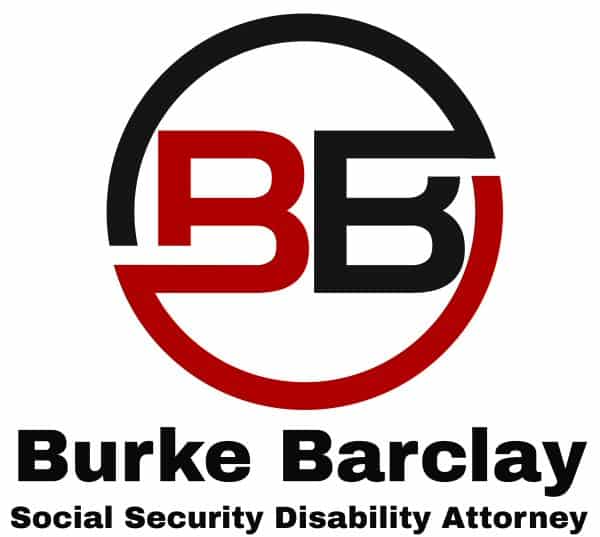What’s The Difference Between SSI and SSDI?
The Social Security Administration actually has two different disability programs for which a person may qualify. Also, at times, a person may be able to qualify for both.
First, let’s look at Social Security Disability Insurance (SSDI):
Primarily, in order to qualify for SSDI, a person must have sufficient work credits. Each time a person receives a paycheck or pays self-employment taxes, credits are given by the Social Security Administration. As of 2017, each time someone earns at least $1,300.00 per quarter, he or she is awarded one credit with a maximum of 4 credits per year. Therefore, taking into consideration a person’s age, he or she must earn a sufficient amount of work credits in order to qualify for SSDI.
There are some other differences as well. First, a person is allowed to work while attempting to qualify for SSDI benefits and while receiving benefits as well. For 2017, a non-blind person may still earn a gross amount of $1,170.00 per month and a blind person may earn up to $1,950.00. Therefore, it is possible to still be working and qualify for benefits as long as the person stays below the statutory maximum allowed.
In regards to medical benefits, SSDI is different from SSI. After a person is awarded benefits, he or she will then be eligible for Medicare after two years of disability.
Now, there is also Supplemental Security Income (SSI).
SSI is needs-based and does not require a sufficient amount of work credits in order to qualify for benefits. Also, the financial requirements are completely different from SSDI.
If a person does not have sufficient amount of work credits, and his or her income is personally below $735.00 per month and $1,103 for a couple, then he or she may qualify. If a person is attempting to qualify for disability and is receiving help from family and/or friends, then he or she may also be subject to what is called the One-Third Rule. If he or she is receiving care from someone else, then the Social Security Administration will deem such help as income and his or her benefits will be reduced usually by at least by 1/3.
The real difference between SSI and SSDI as that SSI is very sensitive to income received by the person qualifying for benefits because it is basically welfare based. A person did not actually pay into the system like one does with SSDI, so the ability to work and still receive benefits is greatly reduced. Further, SSI requires that any time in which another benefits becomes available, the person must then switch to that other benefit. For example, if a person turns 62 while on SSI benefits, he or she must then take early retirement instead of receiving disability.
The other difference also lies with medical coverage. Unlike SSDI, which allows a person to qualify for Medicare after two years, Medicaid is available immediately once a person is placed within the program. Further, unlike SSDI which has a 5 month waiting period, SSI can become available the first full month after applying.
Now, how are these programs similar?
The one glaring similarity between these two programs is that a person must still qualify medically for both. He or she must have a condition severe enough to keep them from returning to any past relevant work and the inability to do other work within the national economy. Therefore, no matter what program someone can qualify for, he or she must still have a severe impairment or combination of impairments that keep them from working.
How can a person qualify for both?
Simple. If a person is receiving SSDI benefits and the monthly payment is less than $735.00 per month and the couple’s income is less than $1,103.00 per month, SSI will actually “kick in” and make up the difference to where the person is at least receiving what he or she would have received on SSI. Further, if a person has to wait for his or her hearing, the time in which he or she would not qualify for SSDI, SSI will cover those few months if the case is finally won at the hearing level.
We represent claimants throughout Texas and California seeking their disability benefits. Please always feel free to contact our office at: (888) 780-9125.
You Need an Experienced Social Security Disability Lawyer
We represent claimants fighting for their Social Security disability benefits throughout Texas and California. Contact the Law Office of Burke Barclay for a highly experienced Social Security Disability Lawyer in Dallas, Texas
"Experienced Social Security Disability Lawyer representing clients throughout the United States who either need to initially file for their Social Security disability benefits or have been denied at one of the various stages throughout the process to give them the best chances of success."
Business Address
The Law Office of Burke Barclay
3838 Oak Lawn Ave.
Suite 1000
Dallas, TX 75219
Business Hours
Monday - Friday
8:00 AM - 5:00 PM





